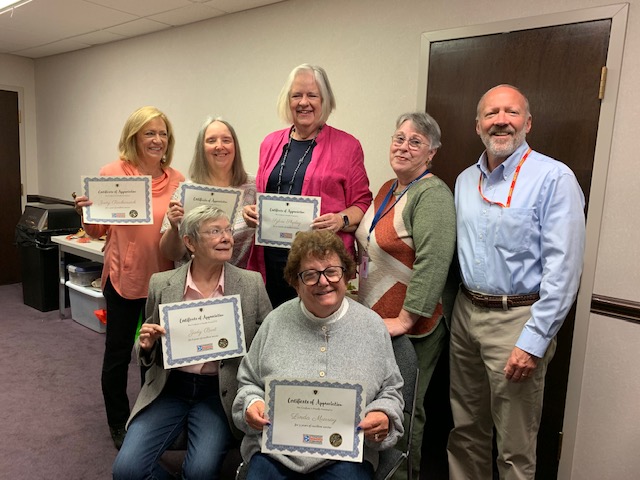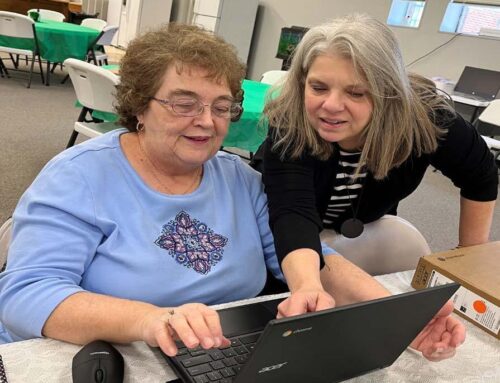Mid Cumberland Human Resource Agency has a long history of service to older adults in a variety of capacities. The Long-Term Care Ombudsman Program is just one example of the vitally important work they do to enrich the quality of life of older Tennesseans. The mission of the Long-Term Care Ombudsman (OMB) Program is to protect the Federally mandated rights of the residents of long-term care facilities and to assure each resident receives the highest level of care and quality of life. The organization is committed to maintaining the dignity of each resident.
Residents of long-term facilities are often reluctant to voice complaints because they fear they will be punished by staff. The residents who are not cognitively able to voice complaints are even more vulnerable. According to the World Health Organization, one out of six persons age 60+ has experienced abuse in a community setting. Two out of three staff members at long-term care facilities report that they have committed abuse in the past year. The need for this program cannot be understated.
What does it mean to advocate for the rights of residents? Staff of the program resolve problems concerning general welfare, health, and safety of residents. Residents have a right to quality care governed by dignity. Older adults who have no family to advocate for them are given a voice by the Ombudsman Program. OMB works closely with the TN Department of Health, Adult Protective Services, Legal Aid, the TN Justice Center, local city and state law enforcement, facility staff, and corporate officials of long-term care facilities to resolve care and quality of life complaints for residents.
The following case is a recent example of the difference the Ombudsman Program makes for residents:
Long-Term Care Ombudsman Program finds resolutions annually for hundreds of problems arising in long-term care facilities and has a 96% success rate. While this is a Federally mandated program, Federal funds do not cover the full costs of staffing. West End Home Foundation funding helps fill this gap to ensure that all residents of nursing homes, assisted living facilities and other community residential settings have an Ombudsman to advocate for their safety and dignity.
It was hoped that the quality-of-care issues that were so prevalent during the pandemic would lead to positive changes in the nursing home industry. Unfortunately, the Ombudsman Program staff report just the opposite. Care complaints have hit an all-time high. Staffing shortages are impacting all positions including dietary, housekeeping, caregivers, and nurses. The result is substandard care at all levels largely because there are simply not enough staff to provide the quality of care that residents deserve and are entitled to. The problem is far too large for one agency to solve but Mid-Cumberland Human Resource Agency is making a difference everyday through their tireless efforts to be a voice for the voiceless.






